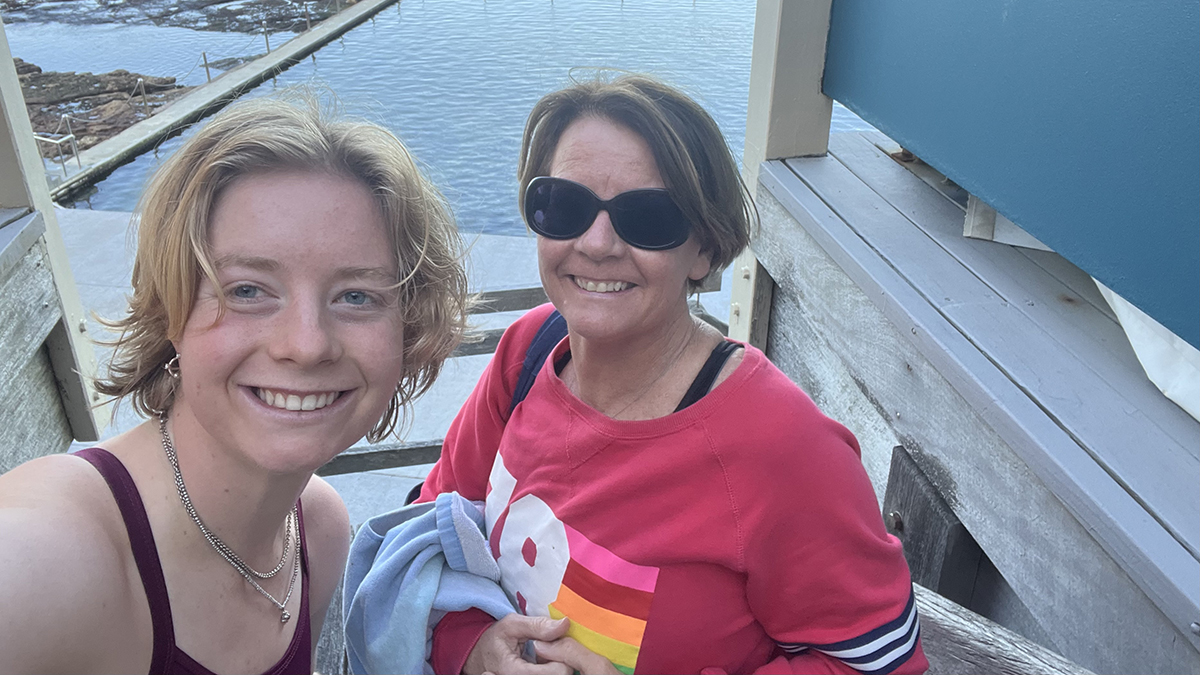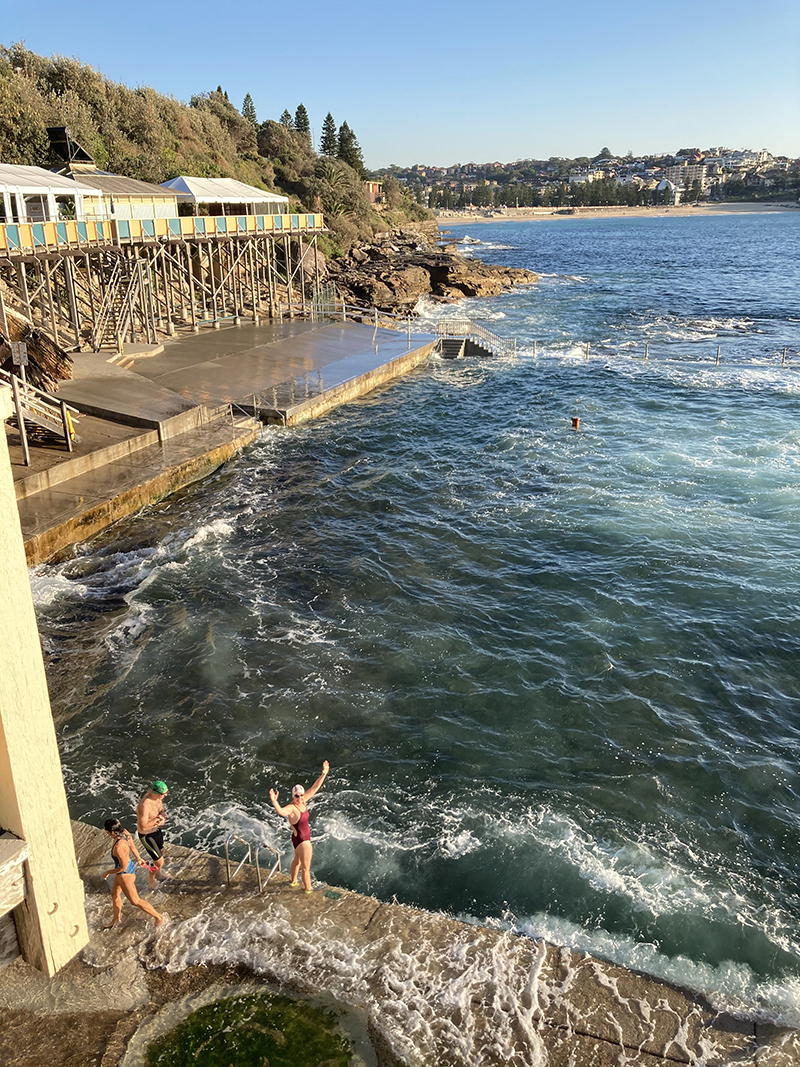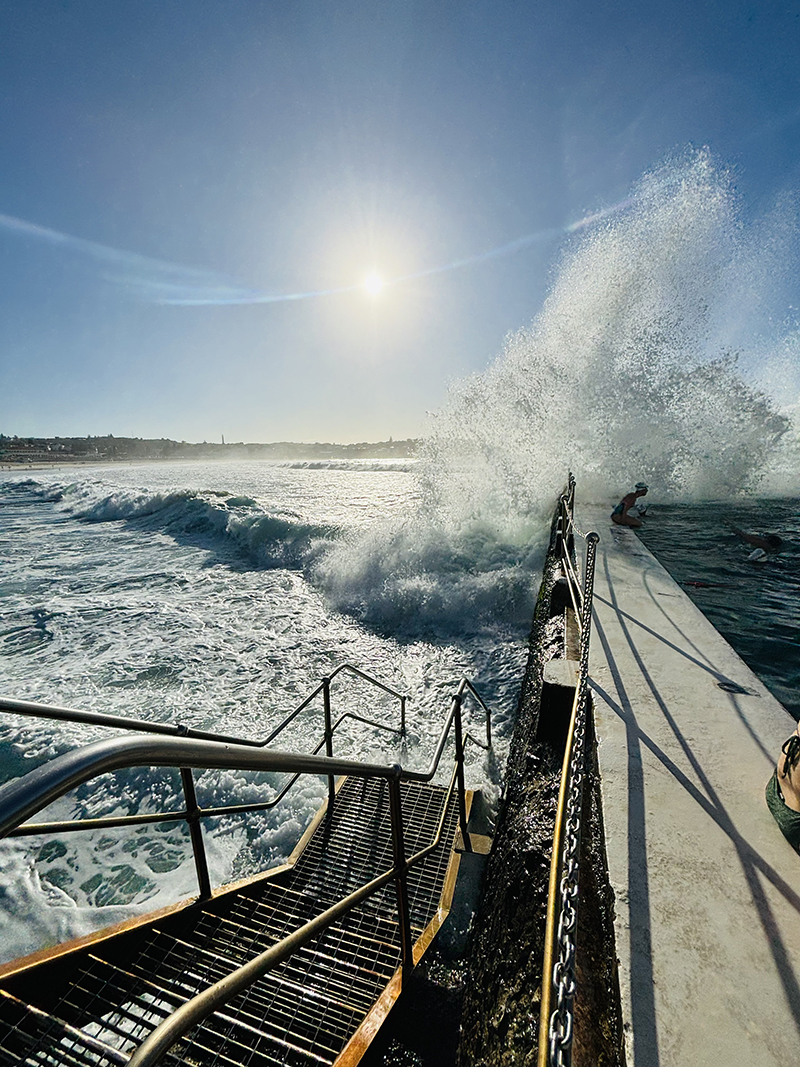
The director of the Australian Human Rights Institute at UNSW says growing up in Papua New Guinea she was “always in the ocean and swimming all the time”.
Before coming to UNSW Law & Justice in 2004, Professor Justine Nolan worked as a corporate lawyer and then as a human rights lawyer in the US for a non-government organisation (NGO).
“I was looking at worker exploitation in supply chains in Asia and in Central America and was really interested in the area I'm in now, which is the connection of human rights with business,” she said.
“I am very much driven by the idea that if we can change the way companies behave, then we can have an immediate impact on people's lives. Companies affect everything we do and our lives day by day.”
Justine’s research is often in partnership with human rights organisations, with industry and with government.
“Almost all of my research is a partnership model, because I'm interested in how you can move from coming up with a great idea to putting it into practice. I'm thinking not only what change should we have, but how do we make it happen?”
In 2021, she was appointed director of the Australian Human Rights Institute, which now has more than 200 academics from across the University in its Associate Program – people “who often don't think of themselves as doing human rights work – Engineering, Medicine and Science researchers, for example”.
“We see ourselves [at the institute] as a kind of impact arm of UNSW. We have a seed funding program, offer event support and help associates get their research out into the public arena,” Justine said.
The institute has also recently introduced a Global Student Fellowship Program, creating a pathway for students into paid human rights work.
Ocean pools and swimming
During Justine’s primary school years in Papua New Guinea she was drawn, along with her siblings, to the ocean to cool off. Now, in winter she swims three or four times a week and in summer five or six times, often at Bondi Icebergs or in the ocean.
During the COVID period she swam in Sydney’s 45 ocean pools listed in Places We Swim, starting with Mahon Pool at Maroubra. She jokes that her Sydney Morning Herald article about her self-imposed challenge is probably “the most read piece” she will ever write.
“I particularly love swimming in ocean pools because they are such a unique part of NSW history. You have a different experience at every one, and often I would sit and talk to the people who go to that one every day. I think we are so lucky that we have them.
“I recently saw the film The Pool about the Bondi Icebergs and one of the people interviewed in it said it was like his ‘church’. It’s like that for me, it’s where I can be with my community and my friends. It’s a time of peace, almost like a meditation, which also gives me a sense of achievement afterwards.”

Travelling a lot for work, Justine always looks for accommodation close to pools and has been known to use an eight-hour transit at Heathrow to make her way in to Hyde Park to swim at the Serpentine Lido.
Preparing for an upcoming ocean swimming holiday at the Baja Peninsula in Mexico, where she planned to cover 5 kilometres a day swimming between islands, she said, “It's probably my perfect holiday.
“Exercising, swimming, eating Mexican food – there's no downside to that. I think I'll be absolutely exhausted, but a day that I swim is always a very good day.”

Can you tell us something that might surprise your colleagues about you?
I worked as an aerobics instructor while I was studying law.
What's the best advice you ever received?
- Savour experience, not things.
- Live with someone who makes a good Margarita.
What's one thing that makes you happy?
Swimming in the ocean.
What day in your life would you like to relive?
Any ordinary or regular day that my mum was alive, because she left us too early.
What's the best thing you've watched in the last year?
Slow Horses on Apple TV+.
- Log in to post comments
